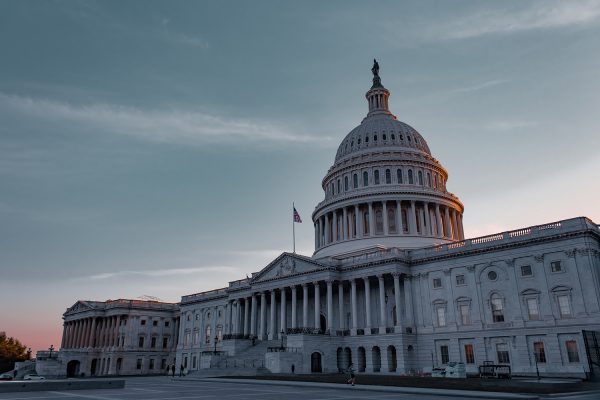
My hope was that Republicans would lose Tuesday’s election decisively and decide they had no future as a far-right movement. (Donald Trump’s Republican Party has more in common with the European far right than with Britain’s Conservative Party or Germany’s Christian Democrats.)
That now seems unlikely.
Trump and Joe Biden could be neck and neck in the Electoral College. Not enough university-educated and suburban voters, who have been trending away from the Republican Party, supported Democrats in the Sun Belt to color Florida, Georgia and North Carolina blue. (Arizona could be the exception.)
White voters without a college degree in the Rust Belt states of Michigan, Ohio, Pennsylvania and Wisconsin may once again decide the outcome of the presidential election, validating the strategy of Trump and Trumpists, which is to appeal to working-class grievances.
Extremists
Political scientist Lee Drutman points out in FiveThirtyEight‘s election blog that it’s not just Republican politicians who have become more extreme; it’s the entire Republican ecosystem, including donors and right-wing media:
On some days, it’s hard to tell who’s running the country — Trump, or the Fox News hosts who give him many of his ideas… Finally, there are the Republican voters. The GOP is more and more a party of white people without a college degree, especially men and those over age 50.
All these forces, he predicts, will continue to tug at the party, leaving would-be moderates with the same choice they’ve faced for decades: quit, or get on board.
Need for reform
It’s an unpleasant prospect for moderates. Biden is a pragmatic, center-left politician, but the Democratic Party is moving to the left and entertaining such wild ideas as defunding the police and nationalizing health insurance. (Which may be why it’s underperforming with Latino and middle-income, suburban voters, respectively.) The Republican Party has become a strongman’s cult.
It’s an argument for political reform. American voters deserve more than two parties to choose from. Multi-member congressional districts, ranked-choice voting or French-style runoffs would allow third parties to thrive without playing spoiler and encourage politicians to appeal to the center rather than to the extremes.
None of these changes require constitutional reform. Maine uses ranked-choice voting. An act of Congress could break up the two-party system nationally.
Likely? No. Necessary? Absolutely.
